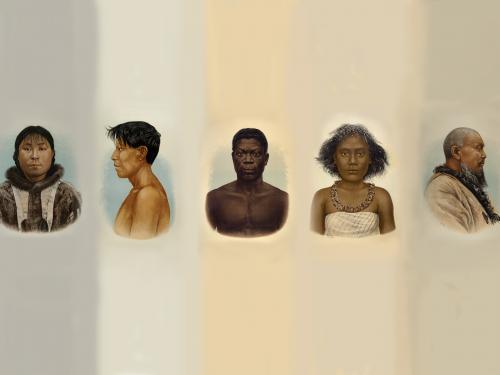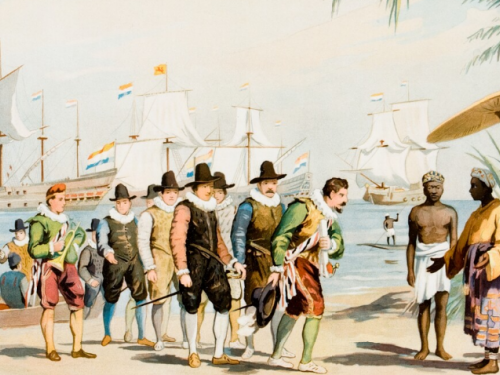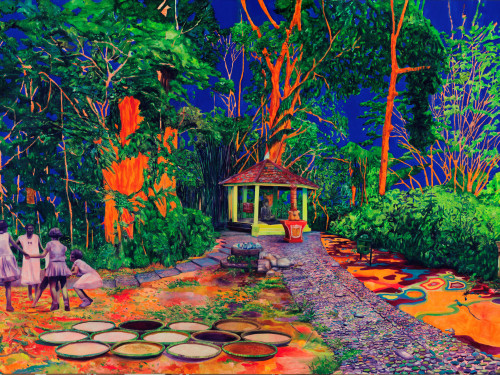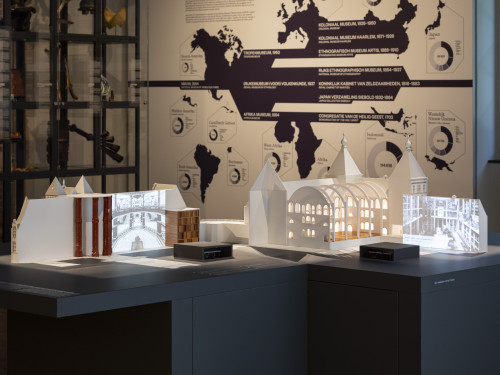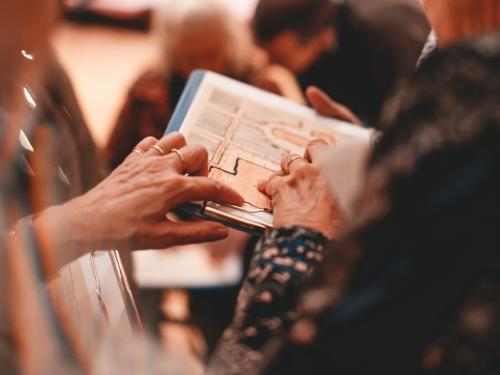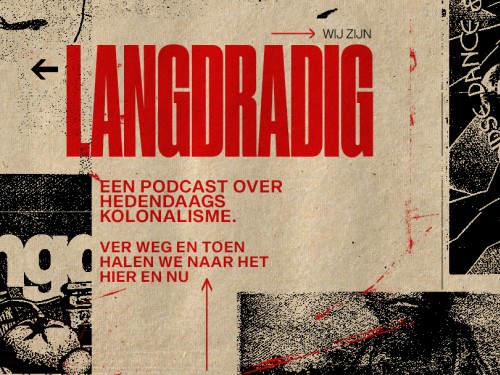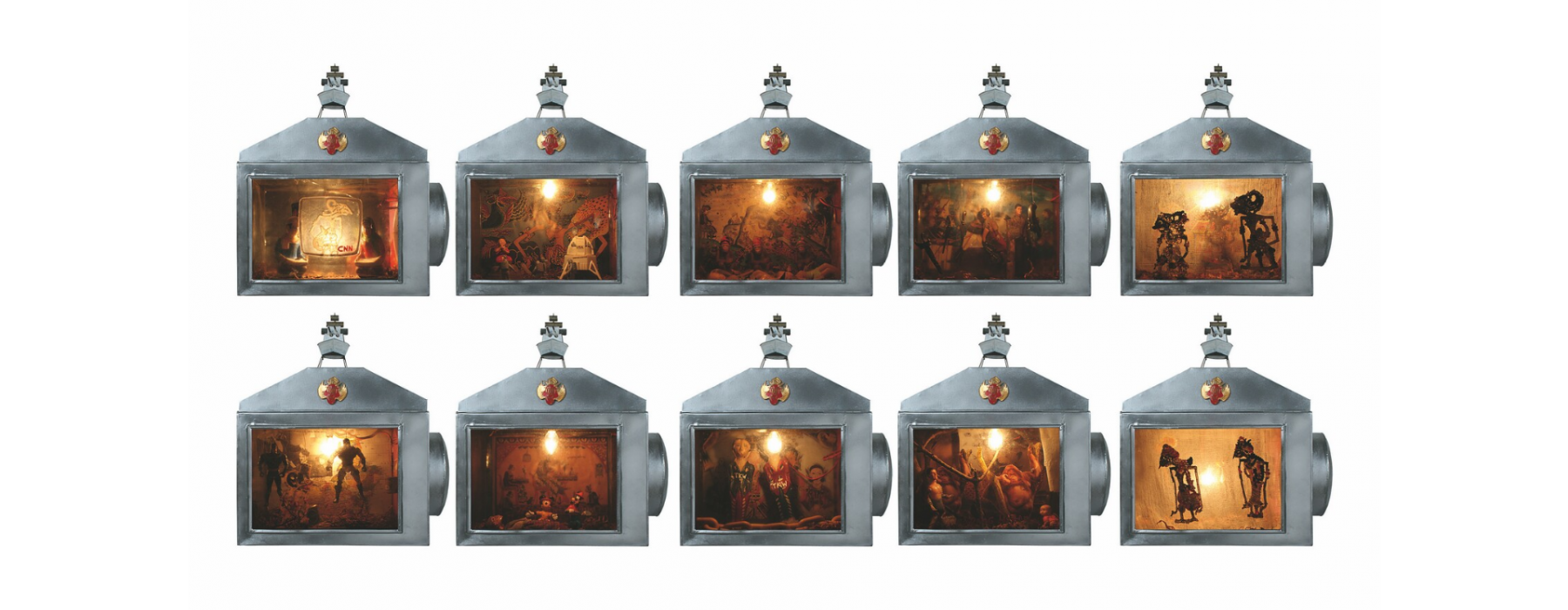
Colonialism is the occupation and the exploitation of (overseas) regions through settlement. Central to this process is political domination and the social and economic exploitation of the indigenous population. To this day, colonialism is perpetuated in our ways of seeing, language, culture and religion.
In 'Our Colonial Inheritance', you will learn about European colonial history, especially Dutch colonial history, and how it also affects your life on a daily basis.
From the 17th century, spices, salt, coffee, tea and raw materials all flowed into the Netherlands from the overseas regions where the Dutch held sway. Merchants knew they could earn big money from the trade in spices and other goods, and imported them to Europe from Asia, Africa, and the Americas. The Dutch traders frequented many places they couldn’t immediately colonize, and in this period the VOC and WIC trading companies were founded to protect Dutch trade interests. In their quest for profit Dutch merchants also trafficked people. These enslaved people were forced into labour to boost production and hike profit margins.
